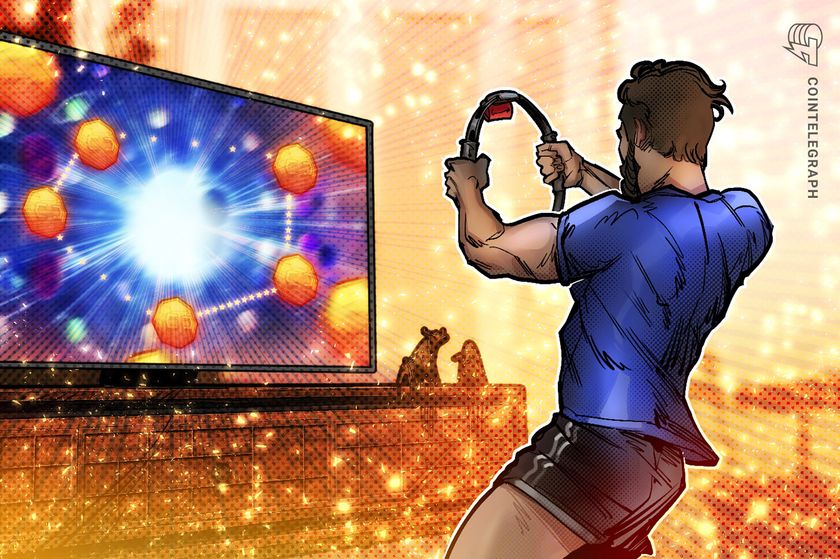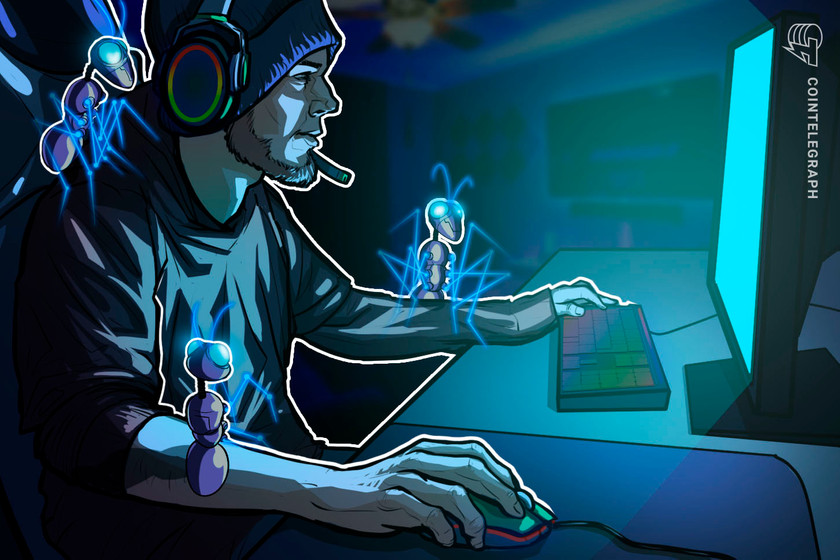Immutable’s zkEVM to eliminate Web3 gaming gas fees


Immutable’s blockchain protocol will allow the game studio to cut out gas fees for users, which are widely cited as a significant barrier to Web3 gaming adoption.
Web3 gaming firm Immutable is set to completely cut out gas fee payments for gamers when its proprietary zero-knowledge proof-based (ZK-proofs) scaling platform goes live in early 2024.
Immutable zkEVM provides the technology for blockchain-based game developers to remove transaction fees from end users, which is touted to create a “frictionless onboarding” experience for gamers.
Web3 games built on blockchain protocols typically require gamers to pay the gas fees paid to network validators for processing transactions. Before the advent of layer-2 scaling protocols, Ethereum-based decentralized applications (DApps) and services relied solely on validators and miners pre-Merge to process smart contract operations and their associated transactions.











